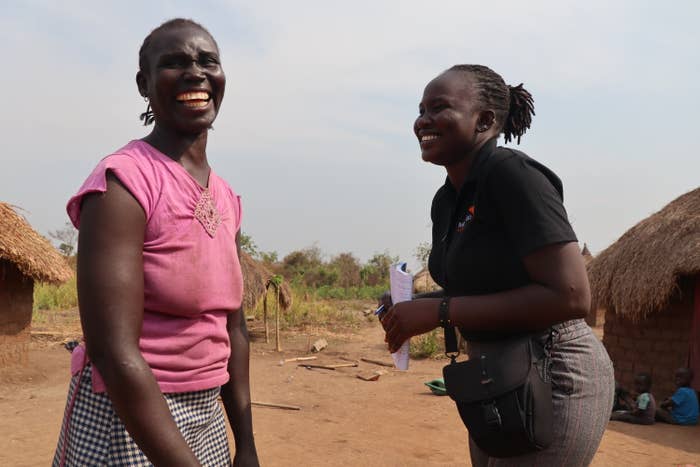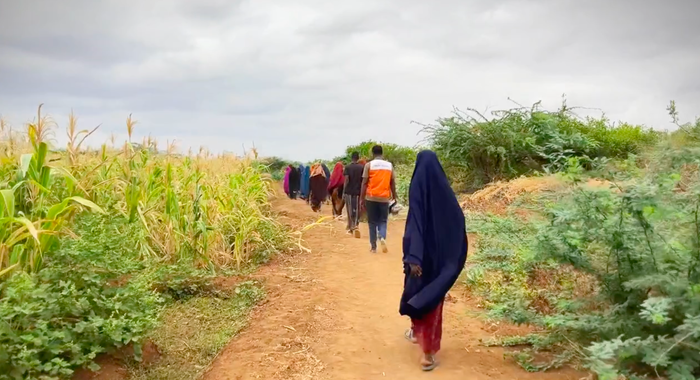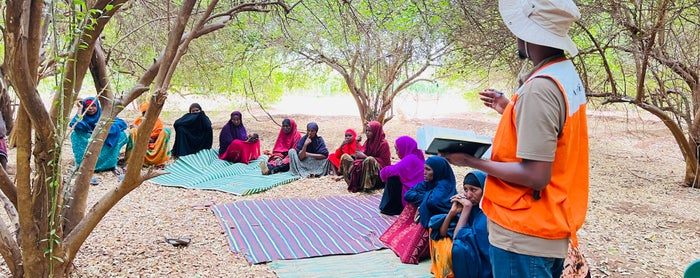"There is no force equal to that of a woman determined to rise." - W.E.B. DuBois
Determined to rise for themselves, their families and the future of their country these woman are definitely a force!
South Sudan is one of the world's most dangerous places. Especially for women.
Years of a cruel dictatorship and a deadly civil war have left the country utterly broken. Millions of people forced to flee their homes trying to escape violence barely survive in makeshift arrangements and refugee settlements. Severe food shortages, lack of livelihoods and effects of climate change are some of the greatest needs facing these families.
Being female, however, means women and girls are often more vulnerable. Disproportionately affected by gender inequality, sexual violence, forced marriages and the cruel practice of female gential mutilation.
But the future is changing and women are rising. Being included in livelihood programmes is significant, creating great impact for families and children.
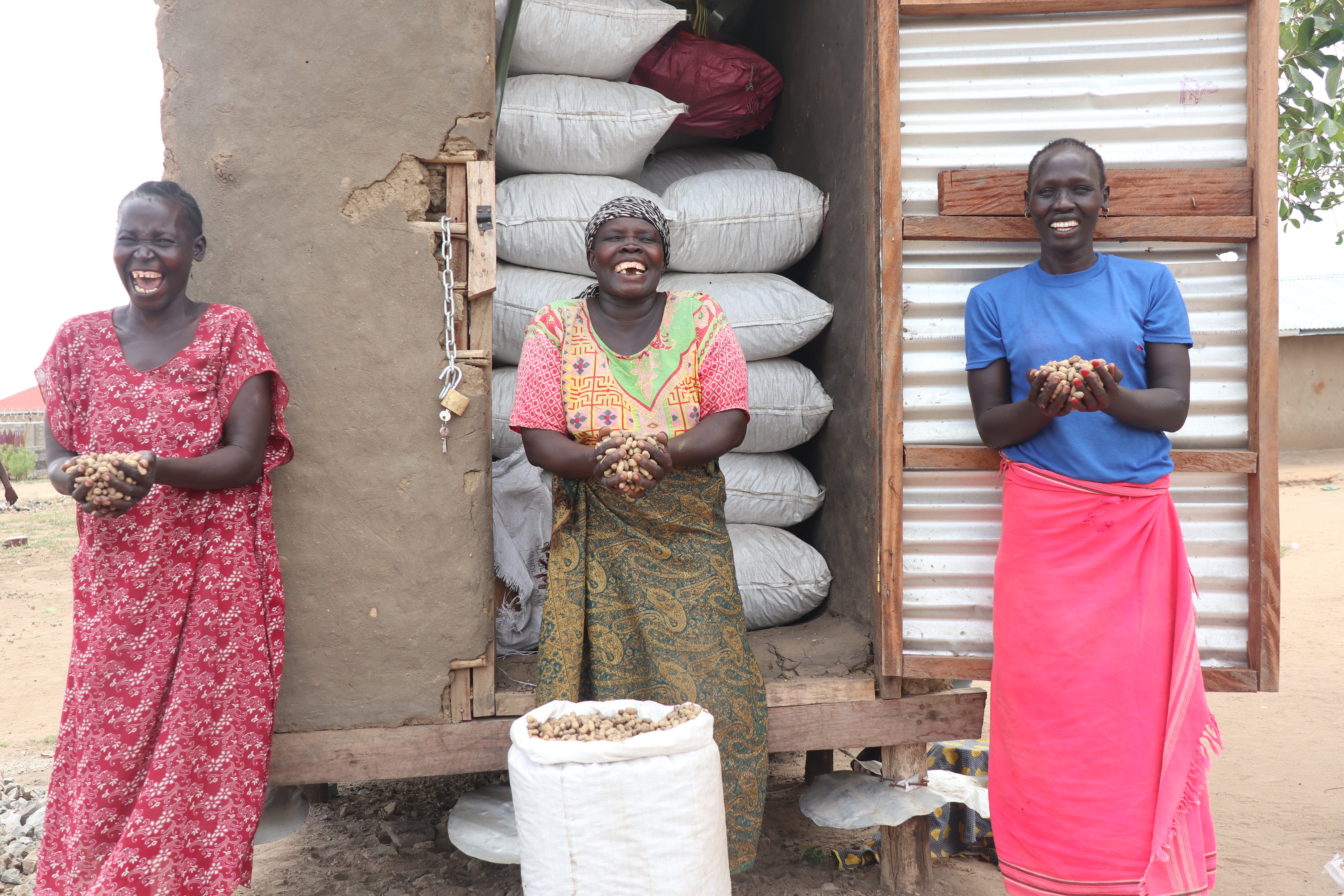
Friends and business owners. Mary Pita (left), Elder Atim (middle), Grace Abau (Right) are all smiles about their peanuts harvest
Scovia Faida Charles
Empowering communities and women with the tools to provide food, income and stability for their households goes far beyond survival and recovery. Childhood Rescue seeks to ensure families and communities can build for a future. One that is sustainable and stable.
When women can provide a stable and safe life for their children, an unseen shift in power is created. Where once they may've been rendered powerless due to lack, circumstance or gender, women now have a voice to advocate and be a part of family decisions.
It may look different everywhere but it could be that a daughter can remain in school, averting a child marriage to a man twice her age. Or a son gains a full education without fear of being forced to leave and work to support the family.
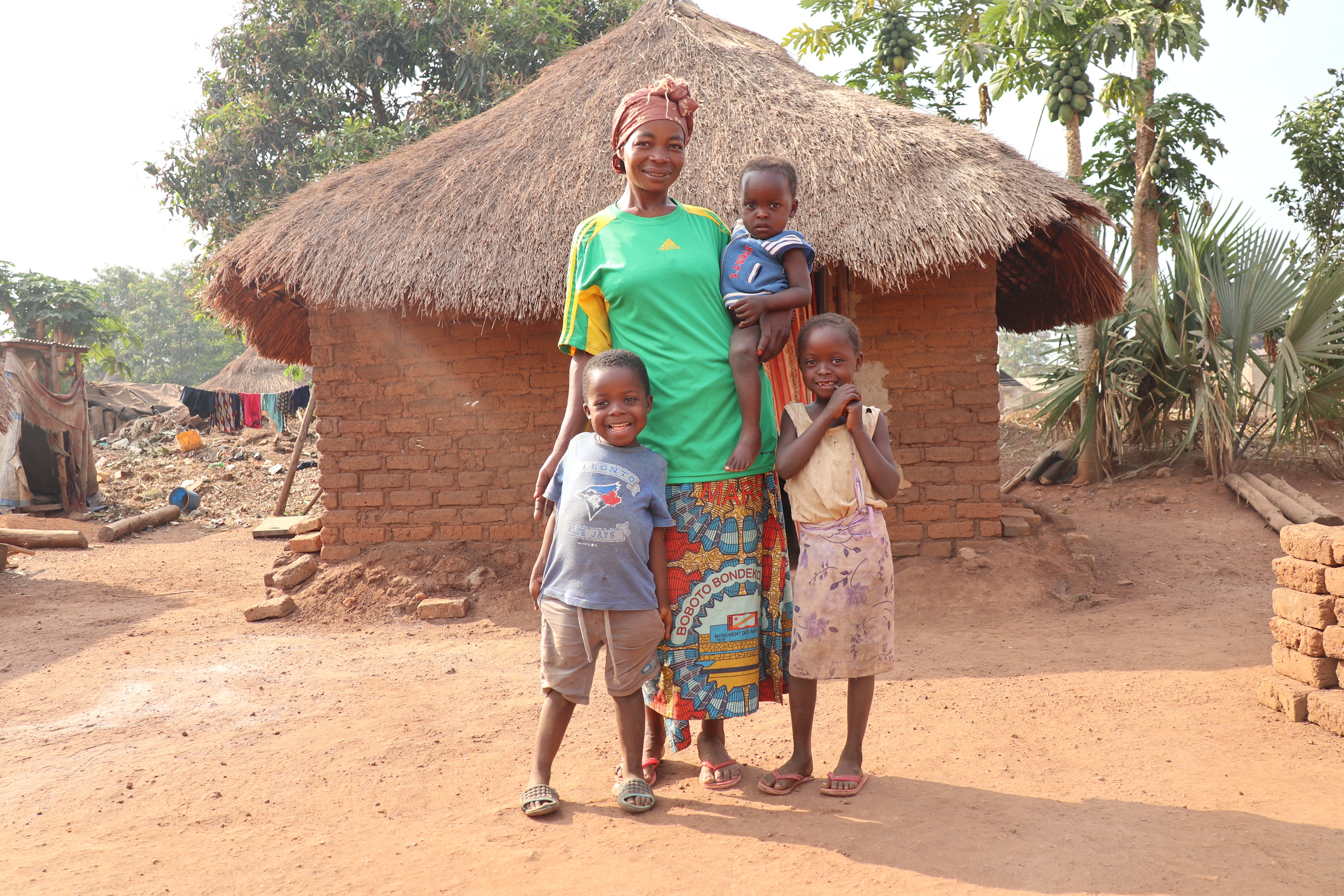
Marie, a single mother of 9 from the DRC, lives as a refugee in South Sudan. Her family has benefitted from participating in livelihood programmes
Scovia Faida Charles
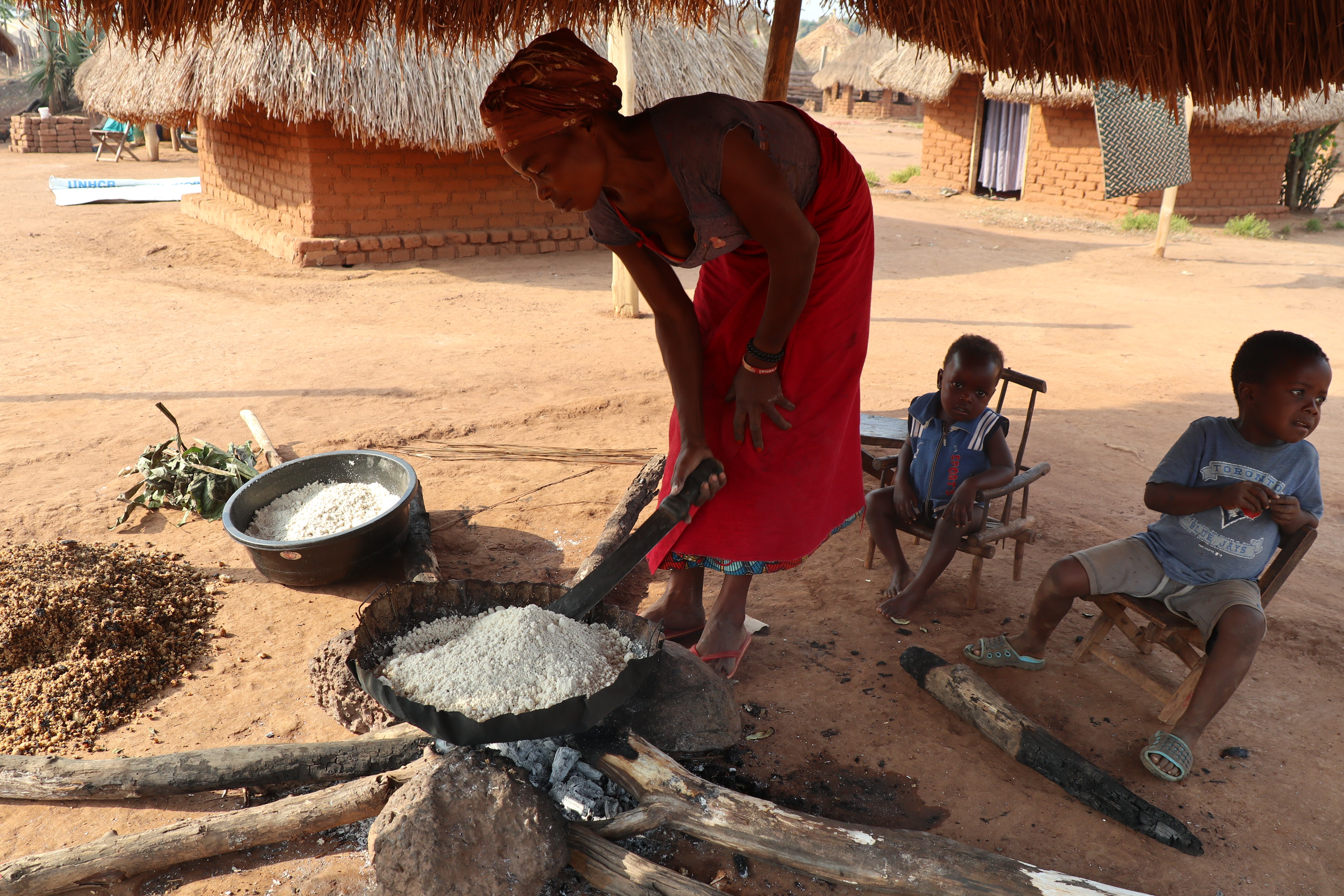
Marie roasts cassava flour, which she allows to ferment and sells to a local store
World Vision livelihood programmes have benefitted 81,337 South Sudanese individuals. Little over 65,000 families have been provided with assets and tools for their businesses.
Cooking, agriculture, stores, cafes and sewing are some of the initiatives supported by livelihood programmes. The programmes are designed to ensure that communities and women can rise above. Not only to survive and recover, but to build for a bright future.
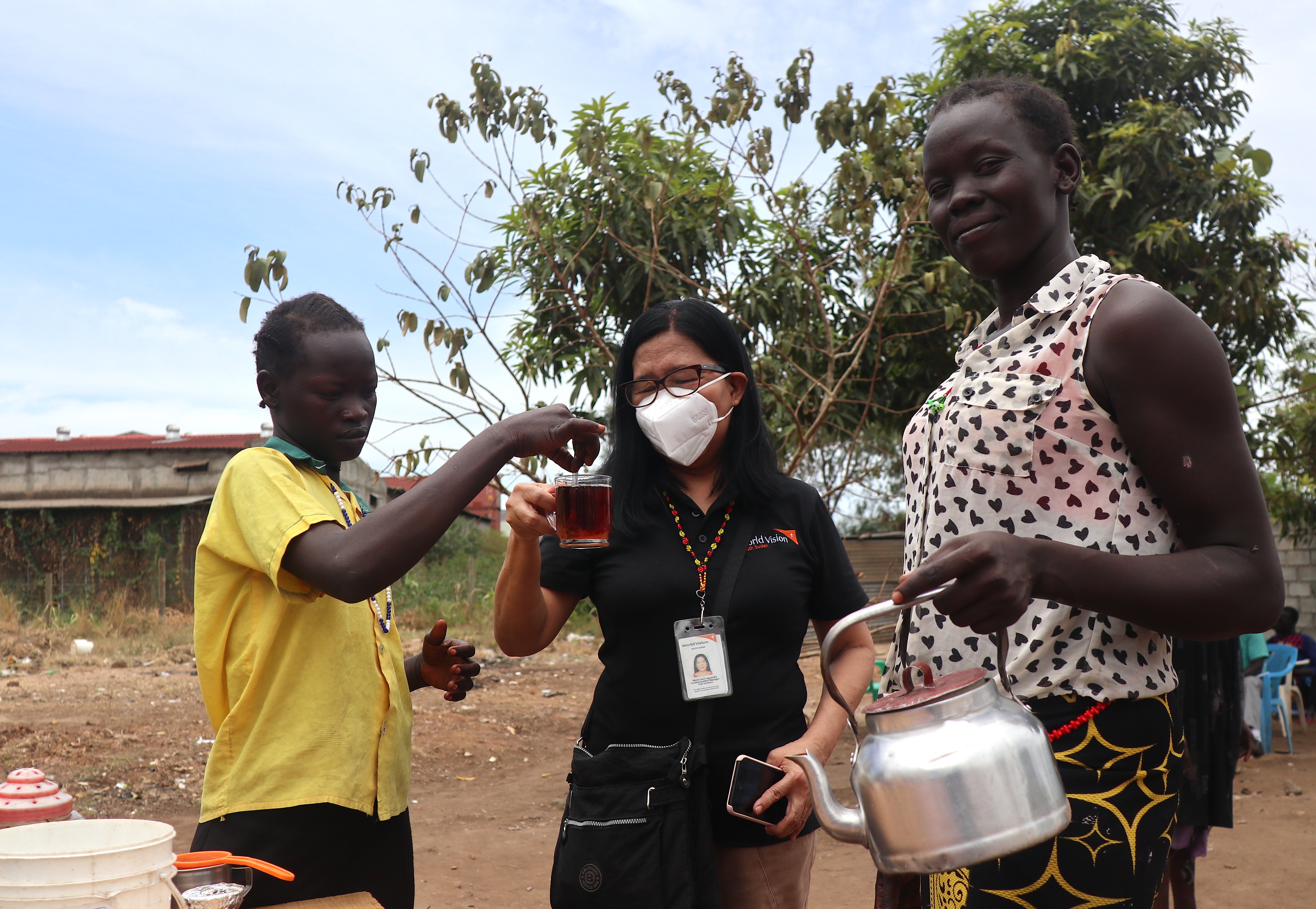
Merry (with kettle) at her tea store that also employs other women. Some tables, chairs and a few basics were all they needed to begin. They bring the tea leaves in from Uganda
Cecil Laguardia
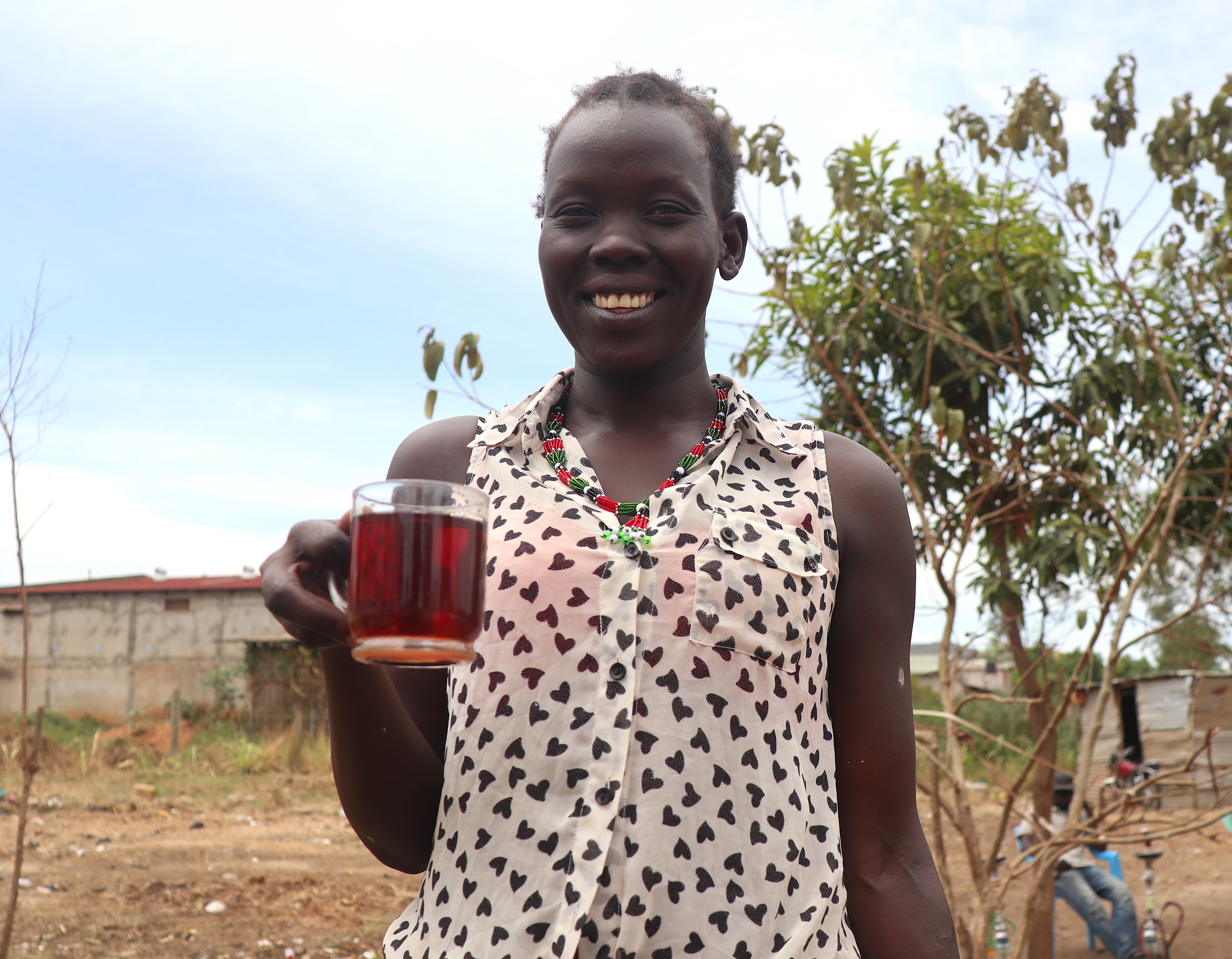
Merry with a freshly brewed cup of tea.
Cecil Laguardia
